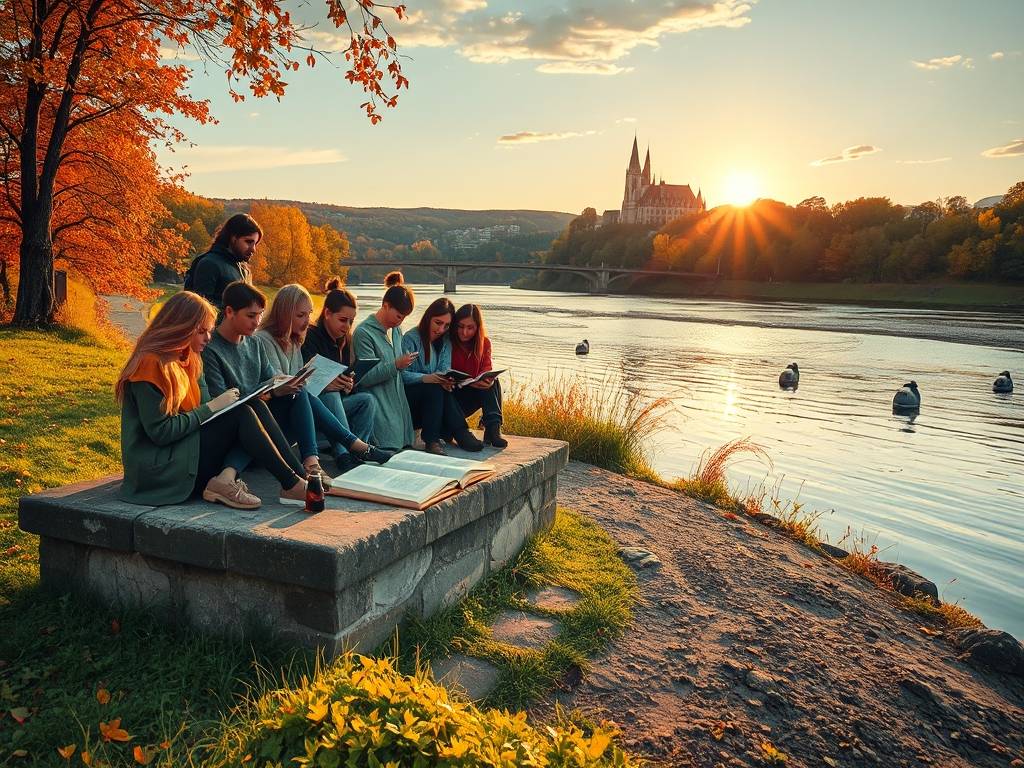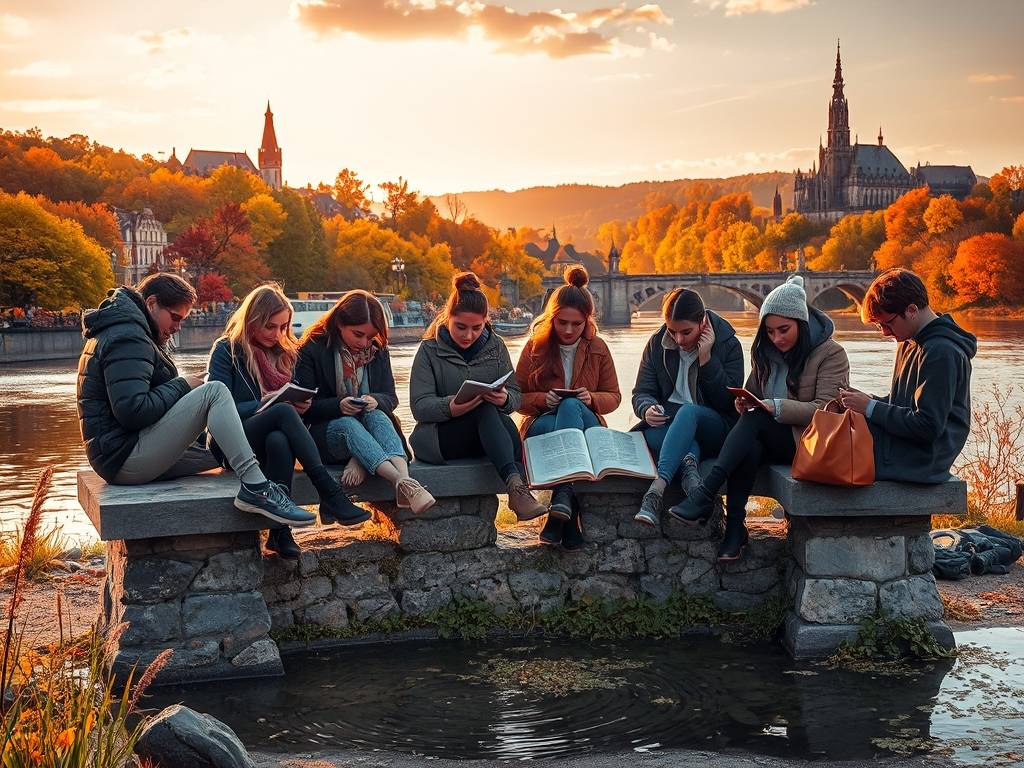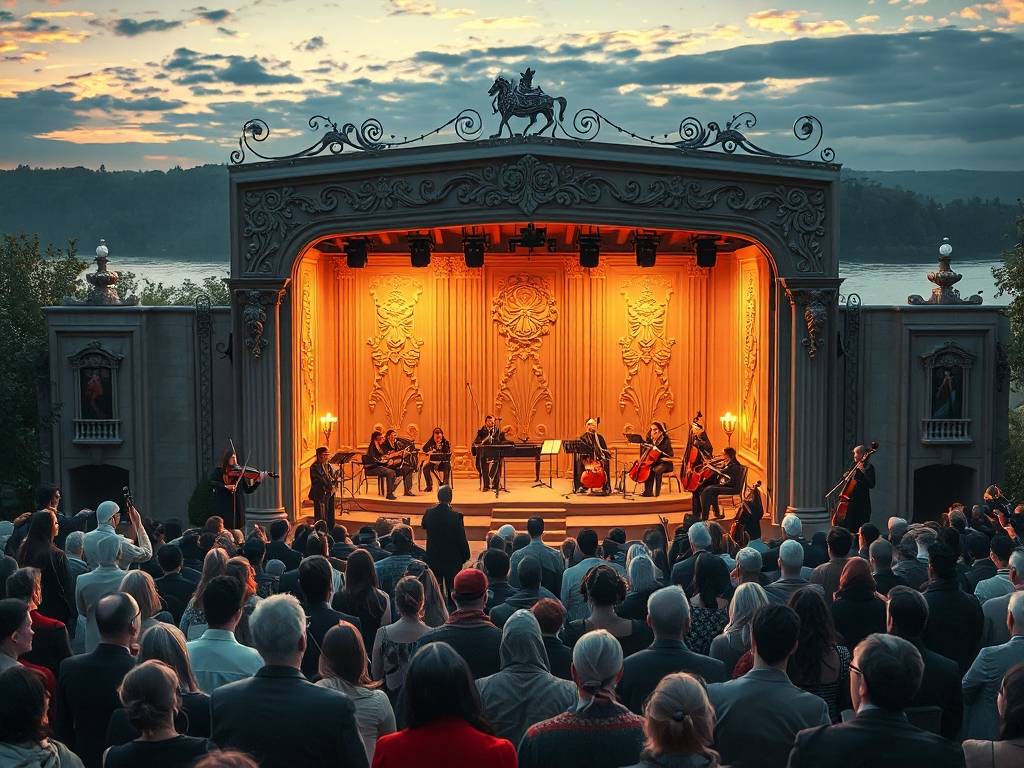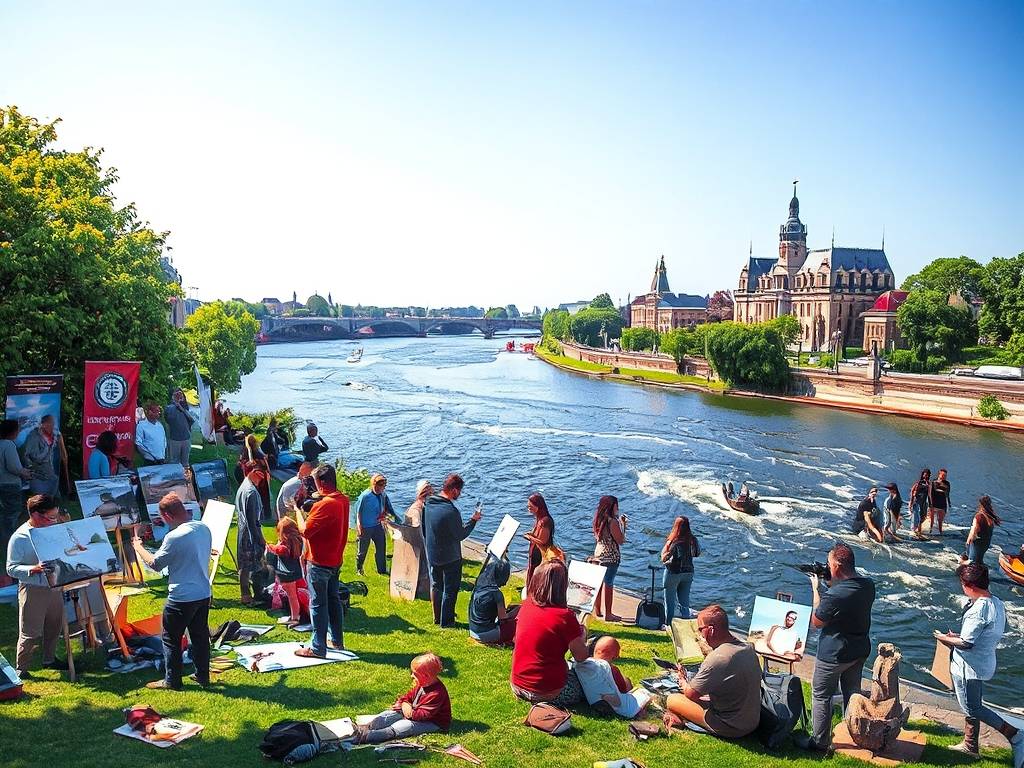Global Travel Information
Elbe River Writing Contests: Share Your Stories
The Elbe: A River of Ink, A Sea of Stories
From the rugged, windswept peaks of the Krkonoše Mountains in the Czech Republic to the vast, dramatic estuary that empties into the North Sea at Cuxhaven, Germany, the Elbe River carves a path through the very heart of Europe. It is more than a waterway; it is a silent, flowing chronicle. For over a thousand kilometers, it has been a witness—to the rise and fall of empires, the joyous celebrations of harvests, the grim marches of armies, and the quiet, personal moments of countless individuals who have lived along its banks. It is this profound legacy as a keeper of secrets and a catalyst for life that inspires the Elbe River Writing Contests, an ongoing invitation to add your voice to this timeless narrative. This is a call to all who have felt its pull, to share your stories and allow the river to flow, not just with water, but with ink.
To understand the depth of stories the Elbe holds, one must first listen to its own. Its Czech name, Labe, hints at ancient Slavic origins, and its journey begins in a land of folklore and myth. As a young, energetic stream, it tumbles down into the Bohemian Basin, passing the stunning spires of Prague. This "City of a Hundred Spires" has seen kings and alchemists walk its streets, their ambitions and follies reflected in the river's surface. The Elbe here is a river of art and architecture, having inspired composers like Bedřich Smetana, whose symphonic poem Vltava (the Moldau, the Elbe's main tributary) is a liquid melody of Czech national spirit. Further north, it winds through the sandstone labyrinths of Saxon Switzerland, where the fantastical rock formations seem like the petrified dreams of giants, challenging poets and painters to capture their sublime beauty.

Then comes Dresden. The Florence on the Elbe, a city whose baroque splendor was born from its relationship with the river, only to be tragically shattered in a single night of firebombing during World War II. The Elbe here is a river of memory and resilience. It flowed past the burning ruins, a silent, helpless witness to destruction, and later, alongside the painstaking reconstruction of the Frauenkirche and other landmarks. It became a symbol of both profound loss and the enduring human capacity for rebirth. As it continues towards the sea, the river marks another powerful chapter in modern history: the former border between East and West Germany. For decades, the Elbe was not a connector but a divider, a liquid Iron Curtain where families and friends were separated. The fall of the Berlin Wall and the peaceful revolution of 1989 transformed it back into a artery of unity, a powerful reminder that even the deepest divisions can be healed.
But the most compelling stories are often the personal ones, the ones that are not recorded in history books but are etched into individual souls. This is where you, the writer, come in. The Elbe River Writing Contests are not seeking a dry recitation of facts; they are searching for the human heartbeat that syncs with the river's flow. Perhaps your story is one of adventure. Maybe you kayaked its length, battling currents and camping on secluded sandbanks, waking up to mist rising off the water like a scene from a fairy tale. The contest invites you to share the ache in your muscles, the thrill of the rapid, the profound solitude, and the camaraderie found in riverside towns.
Perhaps your connection is more contemplative. Imagine a writer’s retreat in a small village like Königstein, with its imposing fortress overlooking the river bend. Each day, the view from your window is different—a blanket of fog, a brilliant sunset setting the water ablaze, a barge slowly making its way upstream. The river becomes a companion to your creativity, its constant flow a metaphor for the passage of time and the movement of thought. How does this majestic, ever-changing presence influence the story you are trying to tell? Does its patience inform your characters? Does its power shape your plot?
For others, the Elbe is a river of taste and tradition. The slopes of the Elbe Valley, particularly in the Dresden area, are home to some of Europe's most northern vineyards. The unique microclimate created by the river allows grapes to thrive, producing distinctive wines. A story could be woven around a journey through these vineyards, meeting the winemakers, understanding their deep, generational connection to the land and the river that nourishes it. It could be a sensory exploration—the taste of a crisp Elbe Valley Riesling, the smell of damp earth after a rain, the sight of orderly rows of vines cascading down to the water's edge. This is the story of terroir in its deepest sense, where the river imparts its essence not just into the soil, but into the culture and the people.
Then there are the cities. Not just the grand historical narratives of Prague and Dresden, but the intimate, personal intersections. A love story that began on a bridge overlooking the Elbe in Magdeburg. A tale of a childhood spent skipping stones along the banks in Wittenberg, where Martin Luther once walked. A narrative of immigration, of arriving in Hamburg and finding solace in the immense, bustling port, where the river meets the sea and the world, a place of endless comings and goings that mirrors one's own journey. The Elbe in Hamburg is a river of global commerce and gritty charm, of storied fish markets at dawn and the majestic silhouettes of container ships against the twilight sky. What story does this mighty, working river tell you?
The contest also welcomes stories that look forward. The Elbe today faces modern challenges, from pollution to the impacts of climate change on its water levels. Eco-fiction or speculative essays that imagine the future of the river are powerful contributions. Will it be a restored, thriving ecosystem, a model of European environmental cooperation? Or will it struggle, its flow diminished, its banks altered? Using the river as a central character in a story about our relationship with the natural world can be a profoundly impactful form of writing.
The beauty of this invitation is its boundless scope. We are looking for stories in every genre—fiction that uses the river as a pivotal setting or character; non-fiction memoirs that explore a transformative personal experience; poetry that captures the river's rhythm and metaphor; and travelogues that guide the reader on an unforgettable journey. The key is authenticity and a genuine connection to the Elbe. Don't just describe the river; let us feel how it has changed you, how its water seems to flow in your own veins.

So, find a quiet moment. Picture the Elbe. Remember the sound of its current, the way the light dances on its surface, the smell of the air along its banks. Then, pick up your pen or open your laptop. Add your chapter to the great, flowing novel of the Elbe. Let your story be a tributary that feeds into its mighty stream, ensuring that the river of ink continues to run deep and wide for generations to come. Your story is a part of its history, waiting to be told.
相关文章
- Elbe River Eco-Cruises: Sustainable Travel Choices
- Elbe River Kayak Tours: Paddle Through Scenic Areas
- Elbe River Canoe Trips: Explore the River at Your Own Pace
- Elbe River Stand-Up Paddleboarding Tours: Try a New Activity
- Elbe River Rafting Adventures: Thrills on the Water
- Elbe River Tubing Trips: Relax & Float Along
- Elbe River Fishing Charters: Hire a Guide for the Day
- Elbe River Bird Watching Tours: Spot Rare Species
- Elbe River Wildlife Safaris: Explore Nature Near the River
- Elbe River Botanical Tours: See Rare Plants & Flowers
发表评论
评论列表
- 这篇文章还没有收到评论,赶紧来抢沙发吧~


